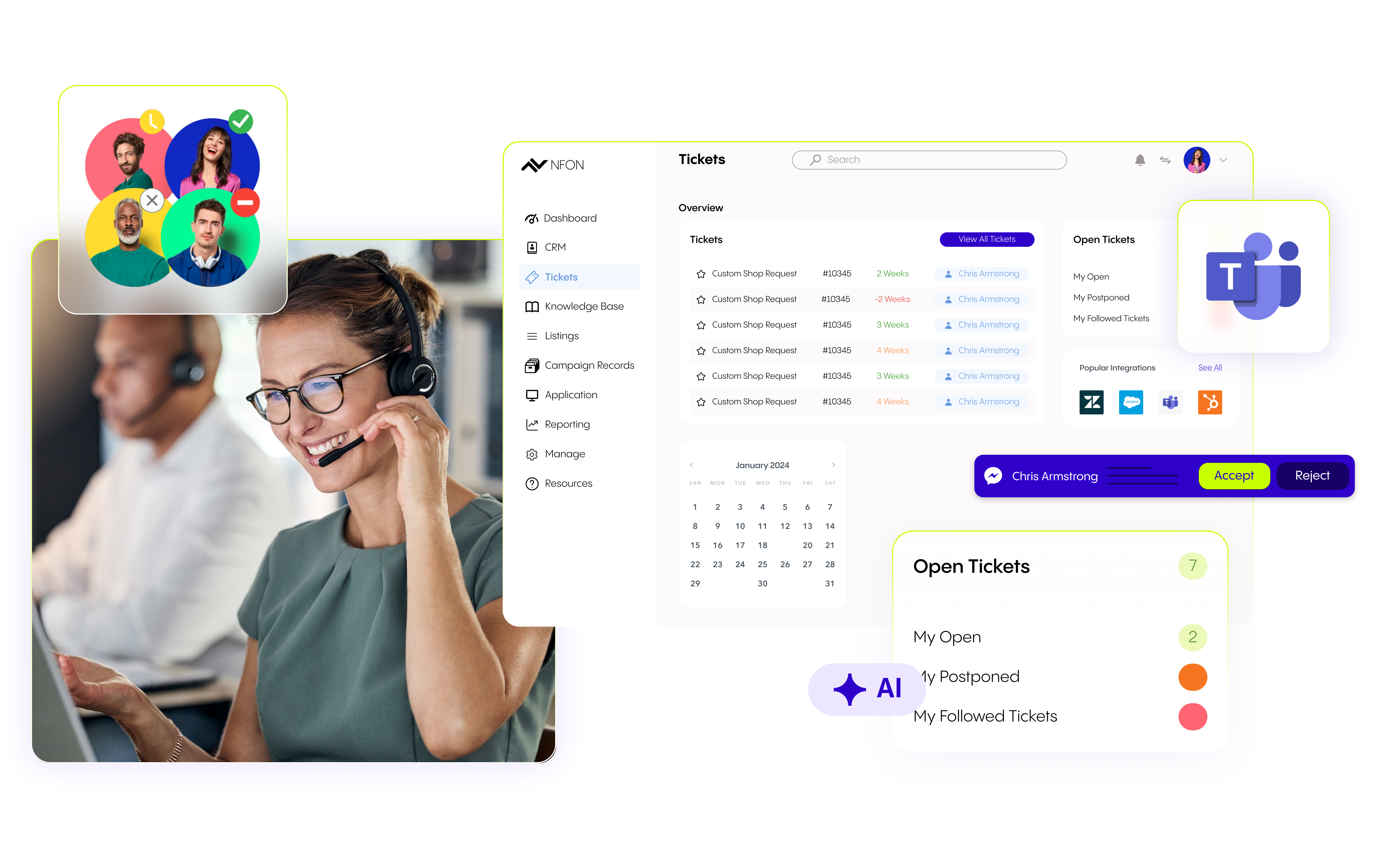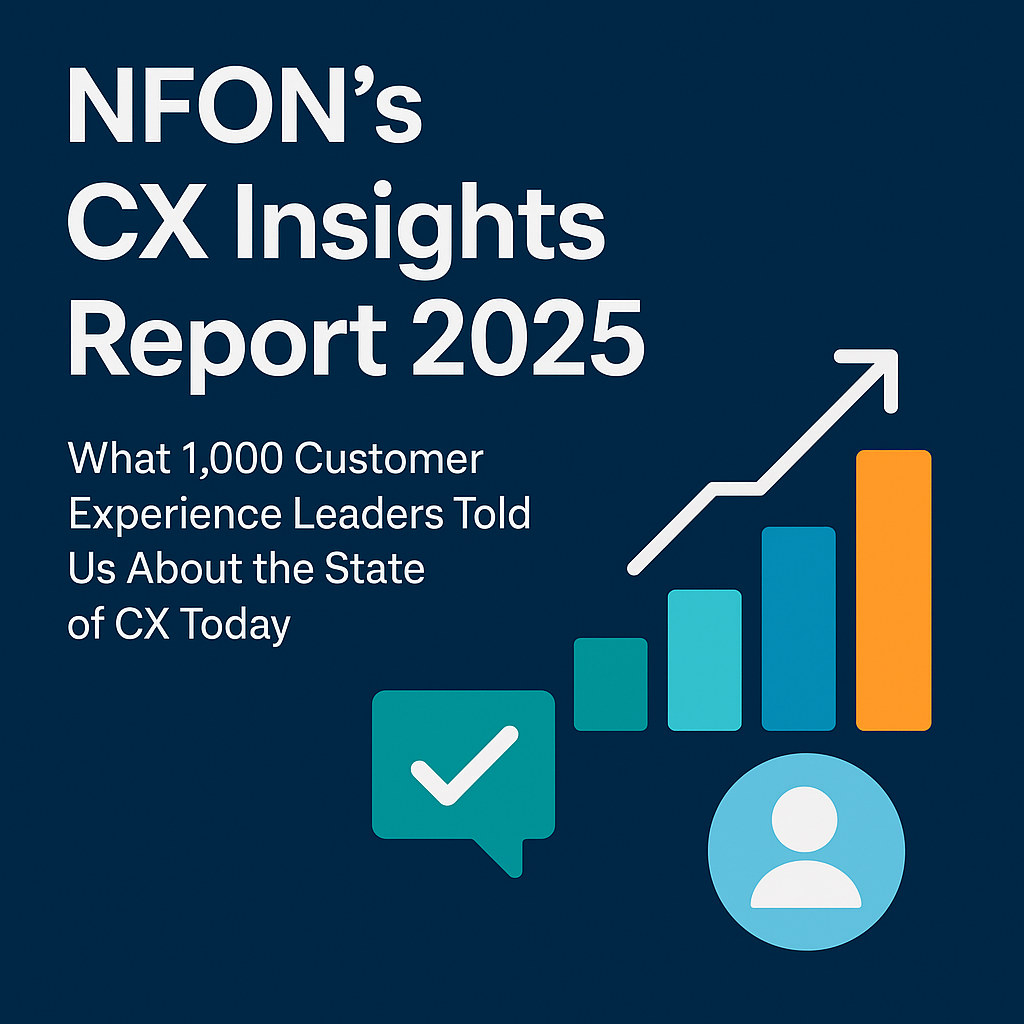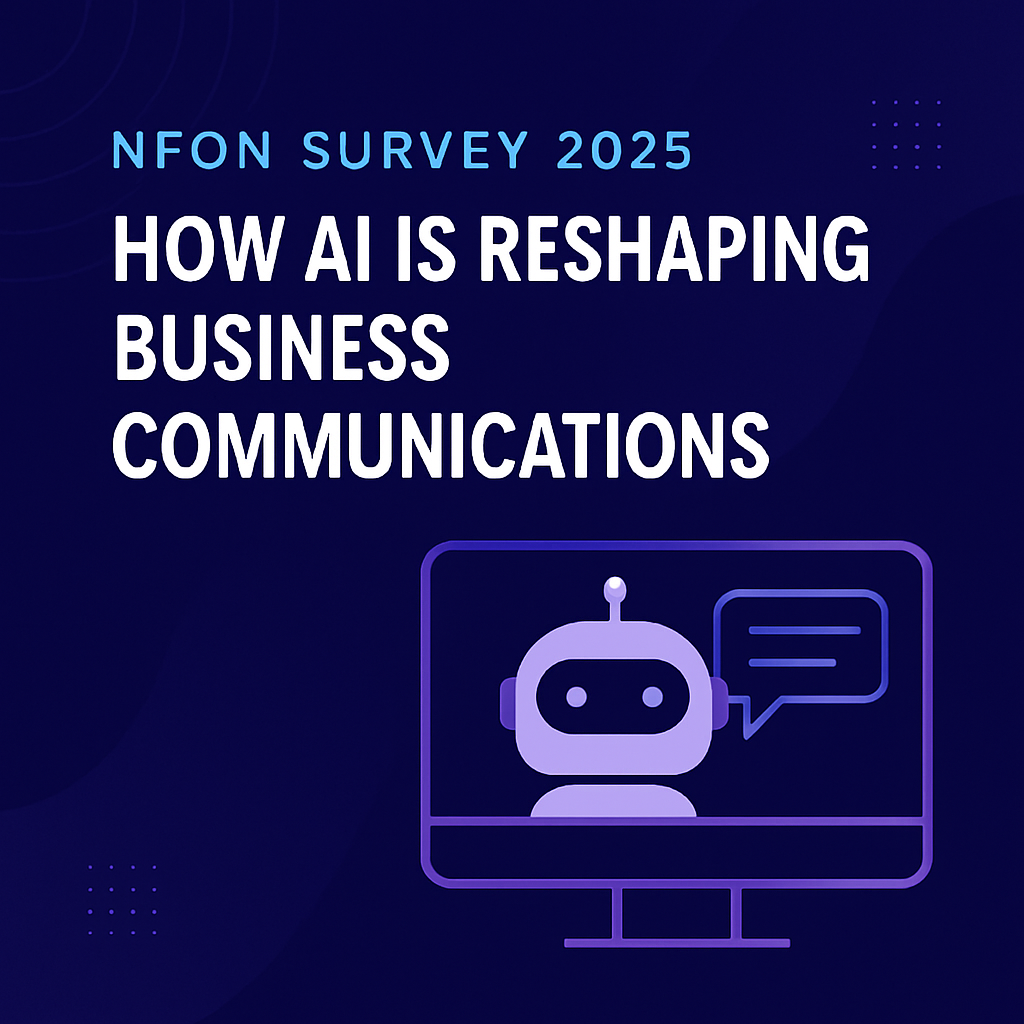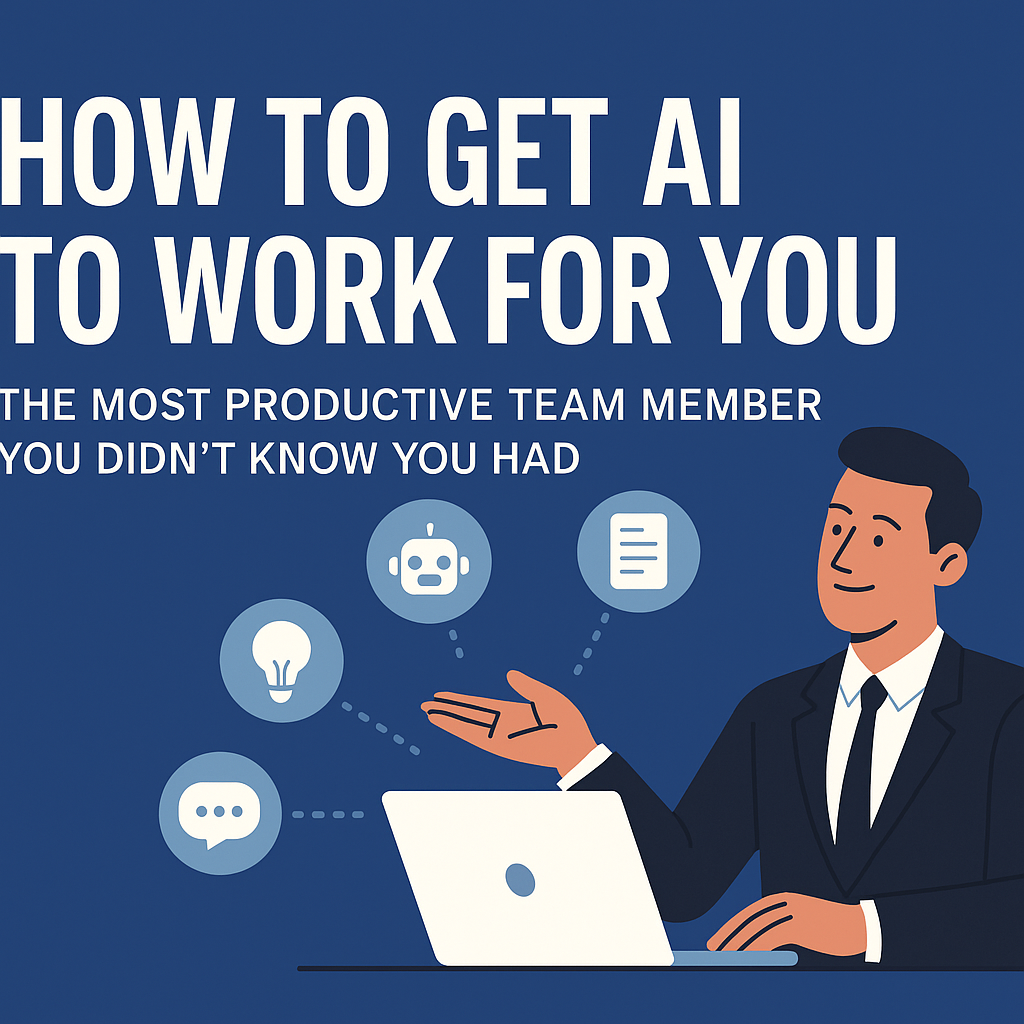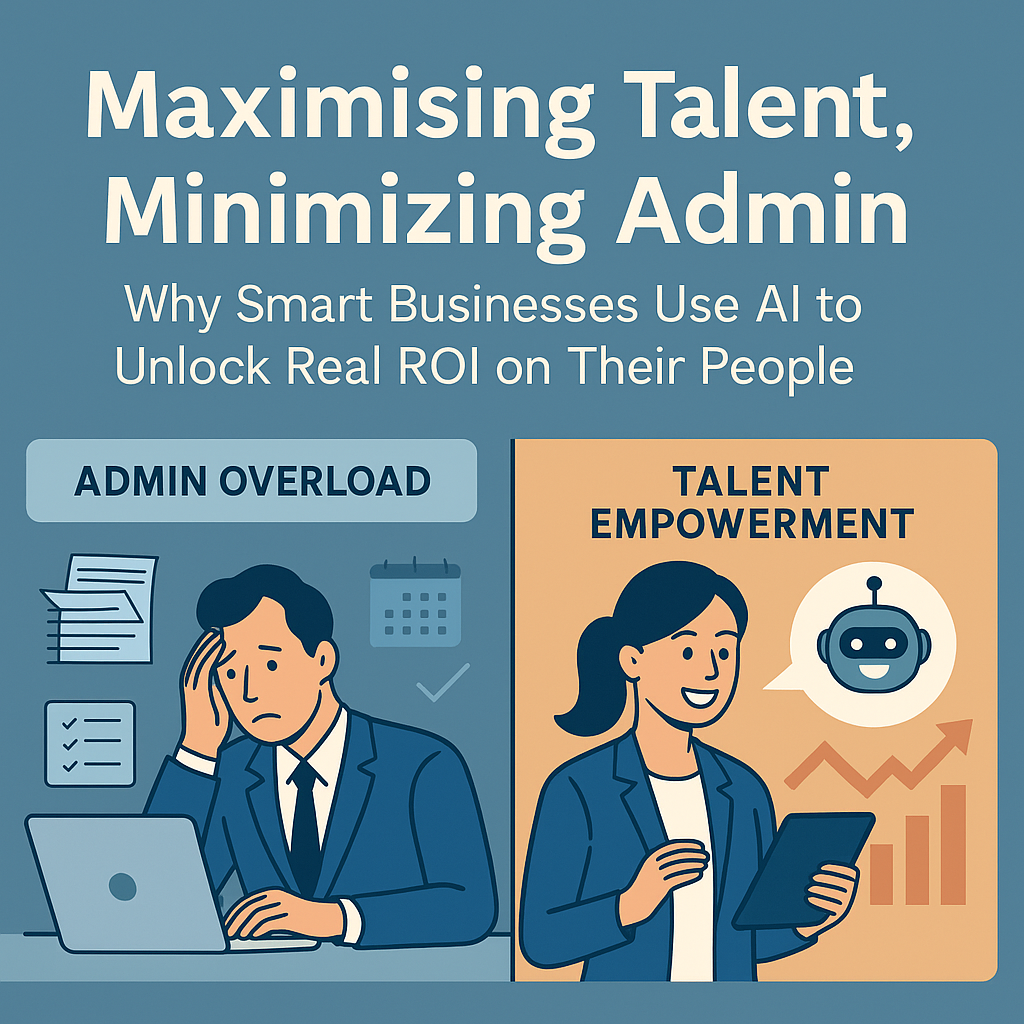Things have moved on quite a bit since the traditional eight-hour day of Dolly Parton’s 9-5 went mainstream. Historians say it was invented by American labour unions in the 1800s and Henry Ford took it to the masses in the 1920s. That’s a hundred years ago – just think of all the economic changes that have happened since then, not to mention the introduction of the Internet and digital working.
And let’s be fair – having these set hours have brought a number of downsides, the biggest being peak time traffic and over-crowded public transport. Surely, it’s time for a rethink? Well, interestingly it seems that the shift was already starting before the pandemic. According to a YouGov survey in 2019, just 6% of people in the UK are now working the traditional 9-5 shift. The most popular shift that most full-time workers would like to implement is 8-4.
Since the pandemic the 9-5 notion is being blown out of the water. So, what’s going to fuel a new working pattern, and what do we think our new working day will look like?
- Remote working is changing the game: Our daily schedule is undergoing a huge change without the hassle of the daily commute, coupled with the ability to stop and start depending on our home commitments. But this doesn’t mean we are working less. According to a survey by IrishJobs.ie, over four in ten employees working from home are working longer hours than they would in a standard working day. A similar survey by the Office of National Statistics found that one-third of home-workers worked fewer hours than usual (34.4%), and around one-third worked more hours than usual (30.3%).
- Addressing the global economy: Since the inception of the 9-5, we have seen the rise of the Internet and the collision of global economies. Many businesses have international colleagues, customers and suppliers. It’s impossible to communicate effectively when we have a fixed working pattern. This means that bosses and businesses need to be much more flexible in what they expect from staff and how they work and support the company.
- Objectives to trump hours: As we look ahead, it’s going to be far more important to look at workers’ objectives and deliverables, rather than ‘hours worked.’ At the end of the (working) day, it’s much more important that employees add value and feel empowered to deliver results. This will need to be achieved with a culture that supports flexible working and engenders trust across the board.
So, are you ready to jump into the new way of working?

